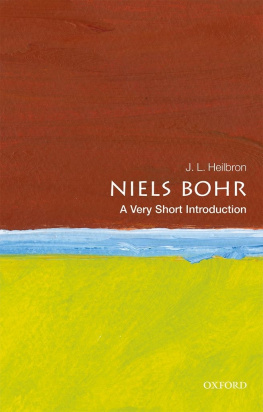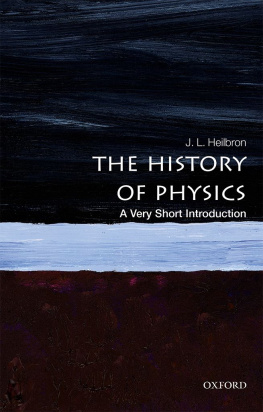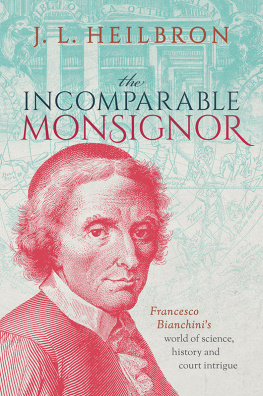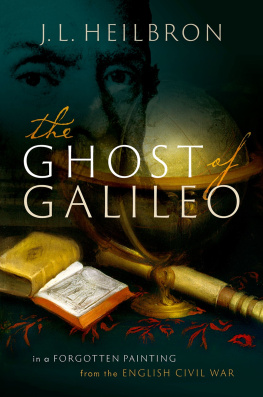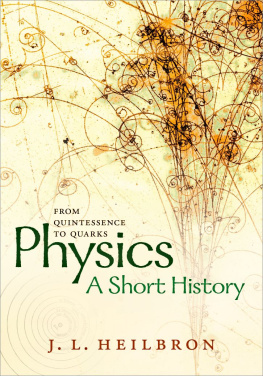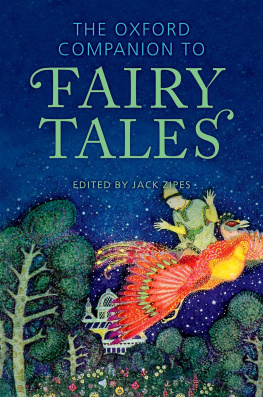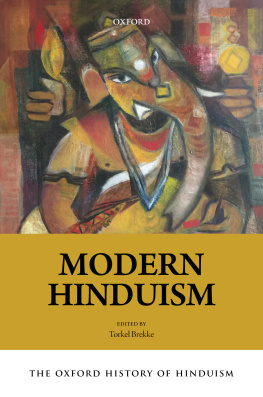J. L. Heilbron - The Oxford Companion to the History of Modern Science
Here you can read online J. L. Heilbron - The Oxford Companion to the History of Modern Science full text of the book (entire story) in english for free. Download pdf and epub, get meaning, cover and reviews about this ebook. year: 2003, publisher: OXFORD University, genre: Science. Description of the work, (preface) as well as reviews are available. Best literature library LitArk.com created for fans of good reading and offers a wide selection of genres:
Romance novel
Science fiction
Adventure
Detective
Science
History
Home and family
Prose
Art
Politics
Computer
Non-fiction
Religion
Business
Children
Humor
Choose a favorite category and find really read worthwhile books. Enjoy immersion in the world of imagination, feel the emotions of the characters or learn something new for yourself, make an fascinating discovery.

- Book:The Oxford Companion to the History of Modern Science
- Author:
- Publisher:OXFORD University
- Genre:
- Year:2003
- Rating:3 / 5
- Favourites:Add to favourites
- Your mark:
- 60
- 1
- 2
- 3
- 4
- 5
The Oxford Companion to the History of Modern Science: summary, description and annotation
We offer to read an annotation, description, summary or preface (depends on what the author of the book "The Oxford Companion to the History of Modern Science" wrote himself). If you haven't found the necessary information about the book — write in the comments, we will try to find it.
The Oxford Companion to the History of Modern Science — read online for free the complete book (whole text) full work
Below is the text of the book, divided by pages. System saving the place of the last page read, allows you to conveniently read the book "The Oxford Companion to the History of Modern Science" online for free, without having to search again every time where you left off. Put a bookmark, and you can go to the page where you finished reading at any time.
Font size:
Interval:
Bookmark:
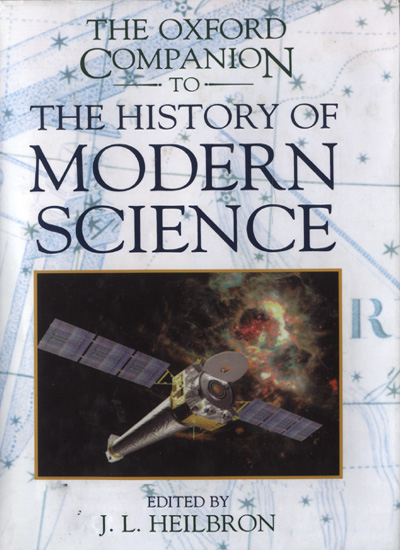
SENIOR CONSULTANT
D. J. Kevles
CONSULTANTS
Theodore Feldman Loren Graham Norriss Hetherington Mary Jo Nye Kathryn Olesko
Naomi Oreskes Alan Rocke
ADVISERS
Janet Browne Robert Bud Regis Cabral Ruth Cowan Matthias Drries Rivka Feldhay
Tore Frngsmyr R. W. Home Alexei Kojevnikov Sylvia Kraemer Svante Lindqvist Ernan McMullin
Dominique Pestre Lewis Pyenson Laurence Schneider Eri Yagi
THE
OXFORD COMPANION TO
THE HISTORY OF MODERN
SCIENCE
Editor in Chief
J. L. Heilbron
Editors
James Bartholomew Jim Bennett Frederic L. Holmes
Rachel Laudan Giuliano Pancaldi

OXFORD
UNIVERSITY PRESS
Oxford New York
Auckland Bangkok Buenos Aires Cape Town Chennai
Dar es Salaam Delhi Hong Kong Istanbul Karachi Kolkata
Kuala Lumpur Madrid Melbourne Mexico City Mumbai Nairobi
So Paulo Shanghai Singapore Taipei Tokyo Toronto
Copyright 2003 by Oxford University Press, Inc.
Published by Oxford University Press, Inc.
198 Madison Avenue, New York, NY 10016
http://www.oup-usa.org
Oxford is a registered trademark of Oxford University Press
All rights reserved. No part of this publication may be reproduced,
stored in a retrieval system, or transmitted, in any form or by any means,
electronic, mechanical, photocopying, recording, or otherwise,
without the prior permission of Oxford University Press.
Library of Congress Cataloging-in-Publication Data
The Oxford companion to the history of modern science/editor in chief,
J. L. Heilbron; editors, James Bartholomew [et al.].
p. cm.
Includes bibliographical references and index.
ISBN-13 978-0-19-511229-0
1. ScienceHistoryEncyclopedias. 2. ScienceSocial
aspectsEncyclopedias. I. Heilbron, J. L.
Q125 .086 2003
509dc21 2002153783
98765432
Printed in the United States of America
on acid-free paper
Eppure si muovestill it movesquipped Pope John Paul II as he hobbled on his newly repaired hip to preside over a synod of bishops in 1994. Everyone understood the unspoken reference to Galileos apocryphal muttered defiance 331 years earlier during his forced recantation of his detestable opinion that the earth turns. The Pope joked that he too was a martyr to science. Our boon Companion prepares its readers for such unlikely references to the historical culture of science.
The Oxford Companion to the History of Modern Science reliably describes the development and ramification of the main branches and twigs of natural knowledge and their uses in industry, literature, religion, war, entertainment, and much else. In keeping with this serious side of its personality, it can be self-contemplative. It considers various approaches to the history of science including the feminist and Marxist; defines and historicizes terms of art like model and theory; and discusses the fluctuating influence of epistemological notions like hypothesis and proof. By turns the Companion is also playful, as in Putti in Science, Slogans from Science, and, in a Pickwickian way, Quark; expansive, as in Asia and Latin America; thoughtful, as in Race and Clone; and celebratory, as in Noble Prize.
The Companion depicts its subject with a wider palette than other single-volume and most multi-volume reference works in the history of science and technology. It depicts for a general audience the process by which our colorful, vigorous, demanding, and sometimes off-putting science and its products have come to direct world history. According to George Sarton, the architect of the academic study of the history of science during the last century, The history of science is the history of civilization. That is at least half true. Our Companion is more than an account of a specialized and to some tastes unpleasant human activity. It is also a Companion to world history, modern in coverage, proper in demeanor, generous in breadth, and cosmopolitan in scope.
Modernity. It may not be easy to say when modernity started or ended, if it is over, but few will dispute that Columbus sailed before it began or that it flourished during the late nineteenth and twentieth centuries, and that it saw the creation and exploitation of natural science as we know it. Hence we limit our coverage to the modern period. Apart from appropriate backward glances and biographies of early sixteenth-century pioneers like Nicholas Copernicus and Andreas Vesalius, the Companion picks up around 1550 and dwells on the seventeenth and eighteenth centuries before turning to the development of the modern scientific disciplines and their interactions with the societies that support them. The earlier period receives emphasis not to allow contributors to expatiate on the so-called Scientific Revolution, which has been the lynch-pin of the historiography of science, but to stress that modern science is a discovery as well as an invention. It was a discovery that nature generally acts regularly enough to be described by laws and even by mathematics; and it required invention to devise the techniques, abstractions, apparatus, and organization for exhibiting the regularities and securing their law-like descriptions.
The discovery of the regularities of planetary motions goes back to antiquity; but the discovery of principles that allowed for ever finer quantitative agreement between the prediction and observation of astronomical phenomena dates from the seventeenth century. The means by which the agreement was securedthe instruments, computational techniques, and physical modelssuggested that the phenomena of physics and chemistry might also be (or with proper definitions and abstractions become) as law-like as astronomy. The systematic production of evidence favorable to the suggestion dates from the last few decades of the eighteenth century.
The redoubtable Immanuel Kant declared in 1786, while deprecating chemistry as no more than an art, that in every special doctrine of nature only so much science proper can be found as there is mathematics in it. Chemistry went modern from Kants point of view in the nineteenth century and several of the biological sciences in the twentieth. The trend was resisted by people who deplored the loss of the spontaneous human element from natural science and the coming of professionalization, with its specialization and standardization, and of fraternization with industry and the military. But their resistance did not arrest the trend, which only broadened and strengthened. Modern Western science provides much of the force and substance of globalization. This is not the fault of historians.
Answers to the questions when modern science began and how it grew express values about modernity. Some historians, put off by sciences methods of aggrandizement, represent the secularly progressive path of science as a locally bumpy road along which scientists advance by fighting with one another over facts, interpretations, and authority. Others have located the fighting between forward-thinking philosophers of nature and reactionary powers of religion, state, and society. Still others couple the development of science tightly with practical applications, with pharmacy, medicine, mining, and manufactures.
Next pageFont size:
Interval:
Bookmark:
Similar books «The Oxford Companion to the History of Modern Science»
Look at similar books to The Oxford Companion to the History of Modern Science. We have selected literature similar in name and meaning in the hope of providing readers with more options to find new, interesting, not yet read works.
Discussion, reviews of the book The Oxford Companion to the History of Modern Science and just readers' own opinions. Leave your comments, write what you think about the work, its meaning or the main characters. Specify what exactly you liked and what you didn't like, and why you think so.

